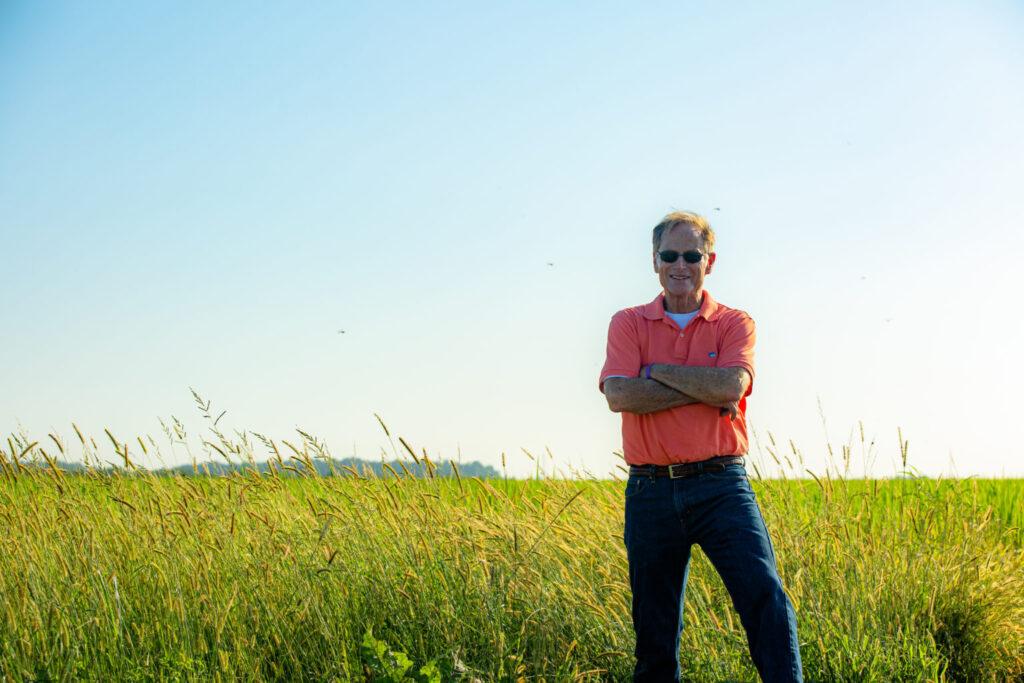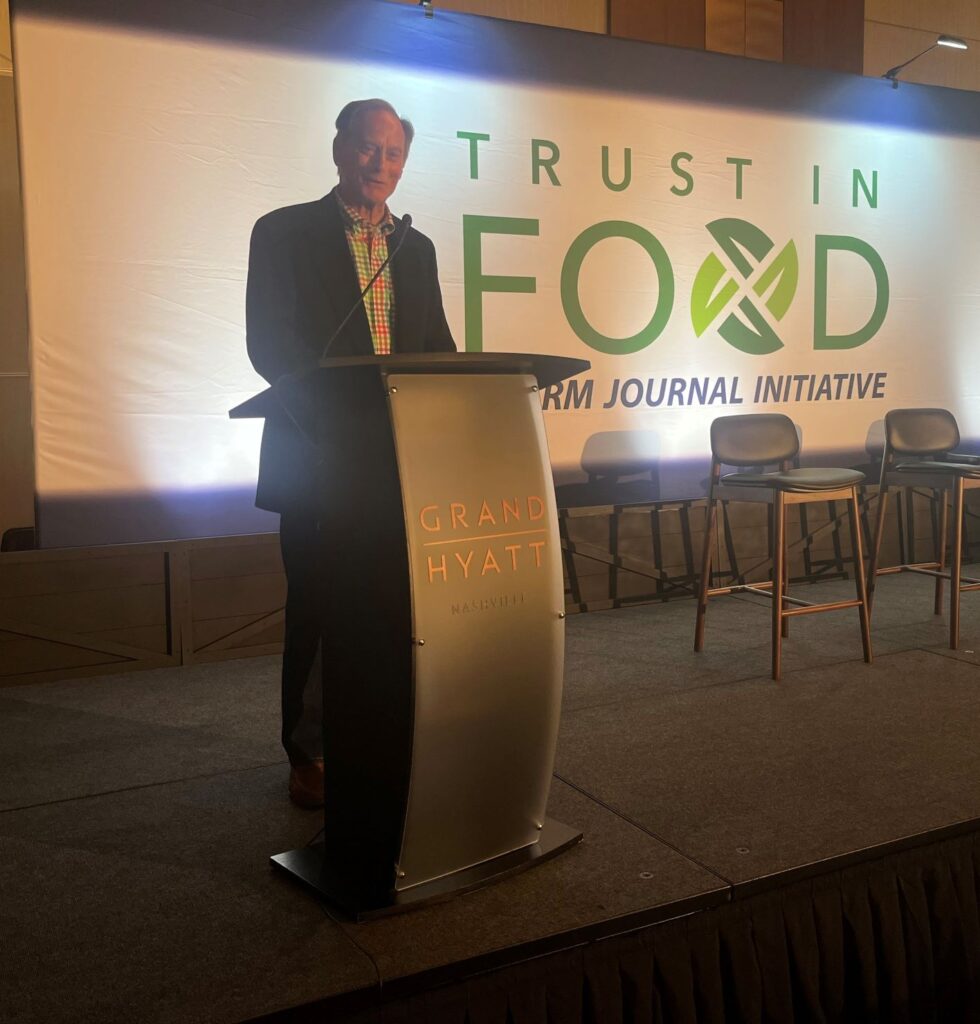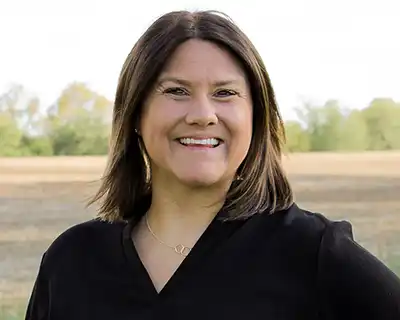McKaskle Family Farm finds ways to prove additionality in its long-standing regenerative operation.
Steve McKaskle of McKaskle Family Farm says the best way to survive the future is to create it, and that’s why he’s on the bleeding edge of agronomic practices that fit into a larger vision he has for U.S. agriculture.
“American farmers will become the new Amazon rainforest” with their ability to sequester greenhouse gases and limit emissions on a massive scale. “These are not dreams or predictions. They are works in progress,” McKaskle said at the Trust In Food Symposium in February.
McKaskle has a history of evolution, beginning with a shift to organic agriculture on the fifth-generation farm that he runs with his wife, Kaye. The 3,000-acre operation in Missouri was a pioneer in organic cotton following the farm financial crisis of the late 1970s and 1980s, when farmers were trying new things to make ends meet.
“It was time for a change,” he says. In the early ’90s, he began his plan to capture a premium price on long-staple organic cotton, and it worked, despite Roundup Ready simultaneously hitting the market. The plan grew over the years to include organic popcorn, Basmati and long-grain rice, soybeans and corn – all of which now can be purchased directly by consumers under the farm’s Braggadocio brand. He has also been dubbed “the Chipotle rice whisperer” as the largest and only organic rice supplier to the fast-casual chain, and he has relationships with Whole Foods Market, United Natural Foods, KeHE and Blue Apron.

His newest venture is AgriCapture Certified Climate-Friendly Rice, a label that verifies that rice is grown in a sustainable manner that minimizes greenhouse gas emissions. The AgriCapture program provides quantified advantages for corporate buyers, including reduced scope 3 emissions and an increased price point that farmers also realize compared to conventional rice. There are 22,000 acres of AgriCapture Climate-Friendly rice in cultivation, resulting in up to 80% reductions in methane emissions compared to conventional rice and three fewer metric tons of carbon dioxide equivalent emissions per acre.
How It Works
Climate-friendly rice cultivation mulches rice straw back into the ground and minimizes flooding organic matter. This avoids emissions from burning, reduces methanogenesis, and increases soil organic carbon up to 0.5 metric tons equivalent per acre. McKaskle’s pilot project showed a 72% reduction in methane emission relative to the state average.
There are additional financial benefits beyond the ecolabel that will allow McKaskle to earn a premium for his grains from consumers and corporate buyers. The program also allows him to participate in carbon markets, adding a new revenue stream to his operation. Because carbon credits are based on additionality, the farm’s long-standing regenerative agriculture practices makes it harder for it to generate carbon credits. A byproduct of the AgriCapture certification program is the data management and analysis to provide documentation and support for additionality of new practices for carbon market eligibility.
“Climate-friendly crops are a reality, and we are already capturing carbon credits,” McKaskle says.
There are agronomic benefits, too, including reduced water use, resiliency from severe weather, nutrient-enhanced soils, and less need for herbicides and fertilizers.

“The crops of the next few years will control the weeds around them on their own,” McKaskle says. “Herbicides will be limited in the near future, and soon there will be no need for herbicides … and synthetic nitrogen will be needed on a limited basis or not at all.”
While cultural practices and breeding innovation will continue to provide plants that require less intensification, McKaskle says he hopes farmers around the country will begin to take advantage of more opportunities uncovered by the world’s priorities on climate, emerging consumer trends and domestic demand that could mitigate reliance on international commodity markets and foreign trade.



